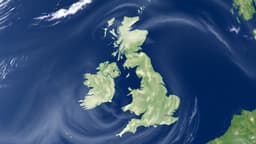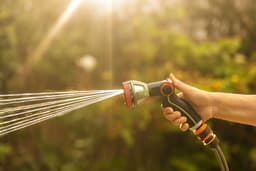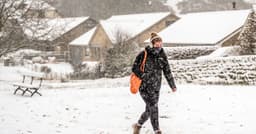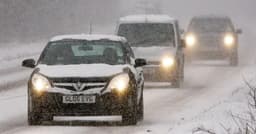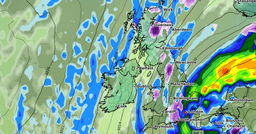Home / Environment / Farmers Provide Lifeline for Birds Facing Hungry Gap Amid Drought
Farmers Provide Lifeline for Birds Facing Hungry Gap Amid Drought
9 Nov
Summary
- Farmers undertake supplementary feeding to help farmland birds
- Natural food sources like berries and seeds running low due to drought
- Birds like bramblings and linnets may have flown over 2,000 km to UK
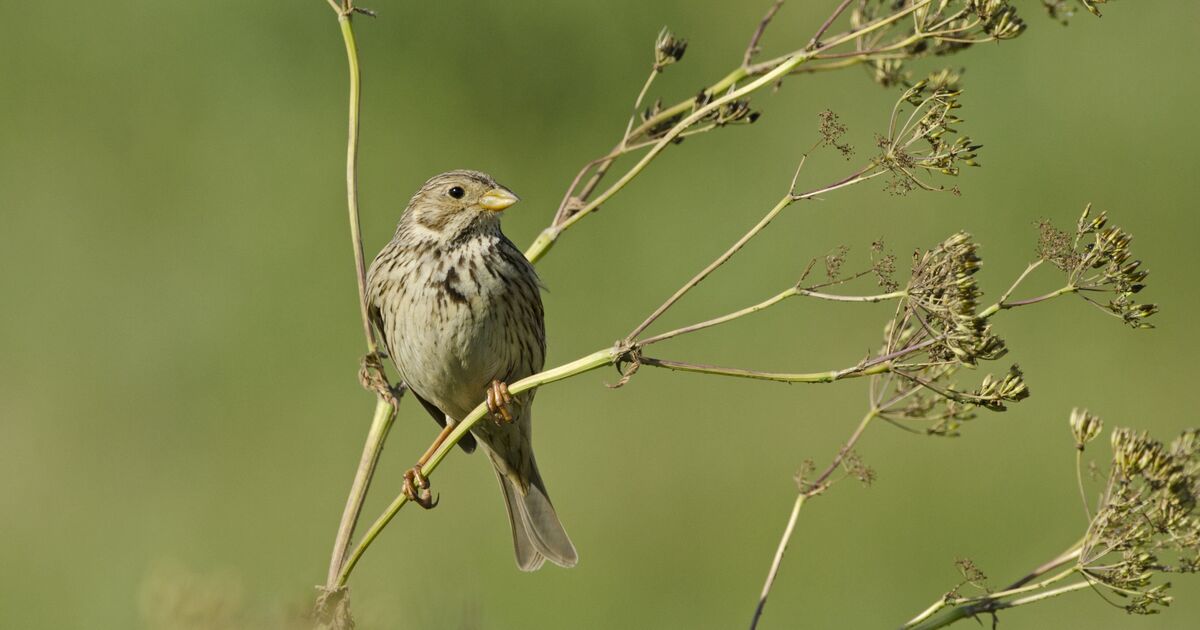
As Britain faces an ongoing drought crisis, local farmers have taken it upon themselves to provide a lifeline for the country's wildlife. The severe lack of rainfall has depleted natural food sources like berries and insects, leaving many birds facing a "hungry gap" during the colder winter months.
Northamptonshire farmer Roger Forster explains that this summer's heat and drought have significantly impacted harvests and the availability of food for wildlife. To help the birds survive, Forster and other growers are undertaking supplementary feeding, providing special bird food crops and extra seed provisions. This is especially crucial for migratory species like bramblings and linnets, which may have flown over 2,000 km from places like Scandinavia to reach the UK.
The National Drought Group has warned that the drought conditions are expected to continue through to 2026 unless there is significantly more rain in the coming months. With natural food supplies running dangerously low, the farmers' efforts to feed the birds could mean the difference between life and death for many of these feathered visitors. Their dedication to supporting the local wildlife during this challenging time is a heartwarming display of environmental stewardship.
